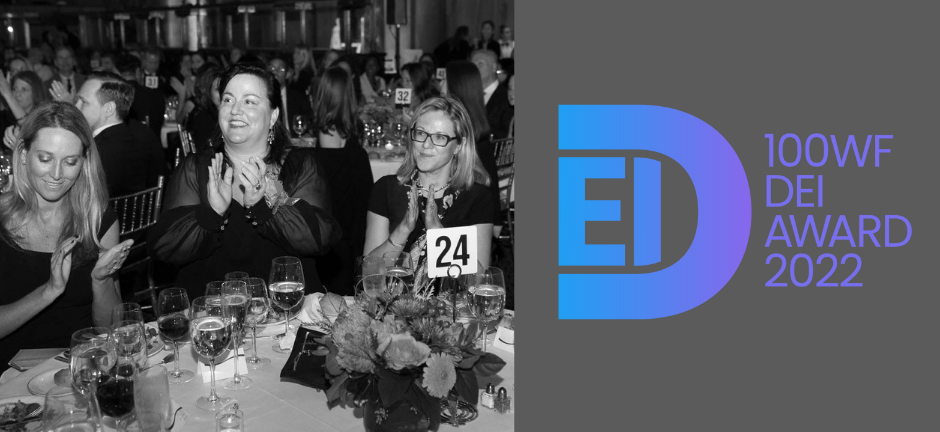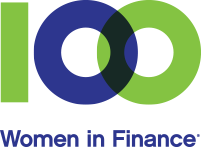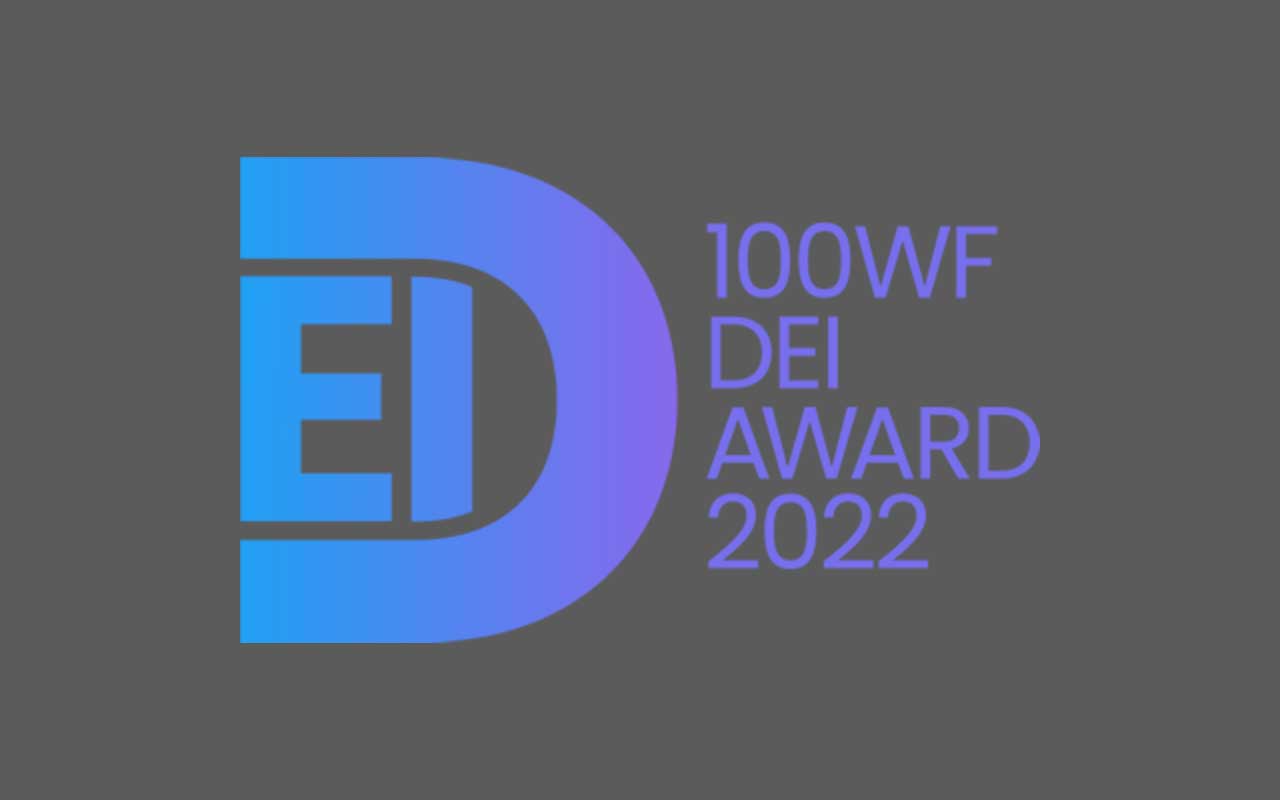
Applications are now being accepted for APAC and Americas
DEI Award celebrates companies that are the leaders in innovation and positive action in the area of Diversity, Equity and Inclusion in the Finance Industry
100WF DEI Best Practices –
100 Women in Finance (100WF) operates under a guiding vision – Vision 30/40 – which is to see 30% representation of women in senior investment roles and executive committee positions by 2040. In 2019, the Board of 100 Women in Finance recognized that, in spite of the efforts of industry organizations, the demographics of key parts of the finance industry had not changed in 20 years. As a result, in 2022 100WF created an Industry Award to recognize companies who have established specific and innovative processes with purposeful action to advance Diversity, Equity, and Inclusion (DEI) in the workplace.
As 100WF hopes to make these organizations’ efforts and positive results more visible to other companies and individuals, it may be helpful to share what best practices are being implemented within financial companies identified as those that align with the 30/40 vision. By highlighting the focus, strategies, processes, programs (education), partnerships, and assessments these companies are doing to drive change within their workplace, the outcomes can inspire other companies and individuals to be catalysts for change within their own company.
While the companies who have applied to be considered for this Industry Award may vary in the number of employees and years established in the financial industry they share a common thread in the desire to enhance, promote, and develop company DEI policies to ensure an inclusive place for current and future employees exists. They purposefully consider what key elements and strategies need to be considered in order to make positive changes to create a company that embraces a culture of DEI.
Focus – Internal DEI Policy, Governance, and Leadership
All firms, regardless of size, must have DEI policies in place. These policies need to be regularly reviewed and enhanced by dedicated personnel focused on analyzing and enhancing the company DEI policies. In addition, the DEI groups are responsible for defining and driving accountability for the institution’s best practices and focus on: recruiting, training, retention, communication, partnerships and networking.
For reinforcement, DEI policies are embedded in the Employee Handbook, introduced during the onboarding process and reiterated in various forms of training provided throughout the year. In order to be effective, senior leadership must foster the desired culture and signal the firm’s commitment to DEI efforts.
Process – Recruitment of Diverse Candidates
During the recruitment process when addressing diversity and inclusion practice it is important to consider: (1) language being used in job postings and descriptions; (2) how to achieve diverse candidate pools; and (3) the importance of a diverse interviewing panel. (Ex.: Consider refreshing job postings and job descriptions to ensure neutral language is used with no reference to gender, culture, and/or ethnicity).
All employees involved in the hiring and recruitment process receive targeted training that: (1) highlights the importance of hiring candidates with diverse perspectives, (2) identifies how unconscious biases may show up in the process and (3) provides best practices to mitigate bias. (Ex.: Standardize interview questions to maintain a neutral and unbiased interview process).
In addition, it is important to have a diverse interview panel appropriate for the role being hired. It should comprise as broad a mix as possible of different gender, race, age, skills and experience within their firm.
Programs – Skills Based Training for Senior Leadership Opportunities
To further develop skills, attract and retain female employees, educational opportunities are provided through external and in-house learning, coaching,and mentoring programs at varying levels that position women for success in leadership roles. This may include engaging workshops, peer learning, on-the-job skills application such as empowerment and inclusive decision making. Another example involves creating a structured and consistent succession plan that pairs Sponsor-Proteges to develop and retain women leaders for a lasting culture shift.
Partnerships – and Pledges
One of the most mutually beneficial partnerships involves companies that have partnered with organizations to sponsor and promote underprivileged or underrepresented candidates to diversify the pool of professionals at both entry level and upper level experiences. This relationship serves to broaden a diverse pipeline of entry level talent for firms and provides students exposure and networking opportunities within the financial industry.
Providing both time and monetary contributions to universities and external diversity associations is a way to pledge assistance to students with an interest in the finance industry. Some firms have partnered with charities that prepare talented students from underserved backgrounds for career success with a commitment to hire interns and recent graduates.
In addition, whether it be as mentorship, awards in the form of scholarships, internships, sitting on the boards of various non-profits, motivated DEI leadership is essential to creating evolving and successful DEI programs in the workplace.
Assessment – Measuring Success
NN Investment Partners, this year’s 2022 EMEA Industry DEI Award winner, believes that ‘what gets measured gets done’. An inclusive workplace is more than just laying a foundation built on the principles of what a DEI workplace looks like. A company needs to develop a reliable metric that assesses the impact and success of workplace diversity based on current applications of what measures have been implemented.
Before metrics can be determined, however, it’s important to have a plan. Many firms report annual reviews of their policies and practices, set objectives and measure them. To identify areas in need of improvement, another company has created a bespoke DEI dashboard that allows them to track their progress and metrics specifically for hiring, retention, and promotion. Several companies commit to self-formulated goals to promote and increase diversity and inclusion in the workplace. While others tie senior managing directors’ year-end review and compensation to the goals set out with respect to DEI and their success.
Regardless of what method of tracking and measuring is used, the goal is to be consistent, deliberate, and thoughtful to determine if the data provides accurate and objective analysis. This allows a company to enhance, refine, and/or shift their strategies should they feel such adjustments will more positively advance their DEI goals.
The information presented here is a synopsis taken from a more comprehensive article. For more details about DEI Best Practices coming soon.
Applications are now being accepted for APAC and Americas. Click here for more information about how to apply.

